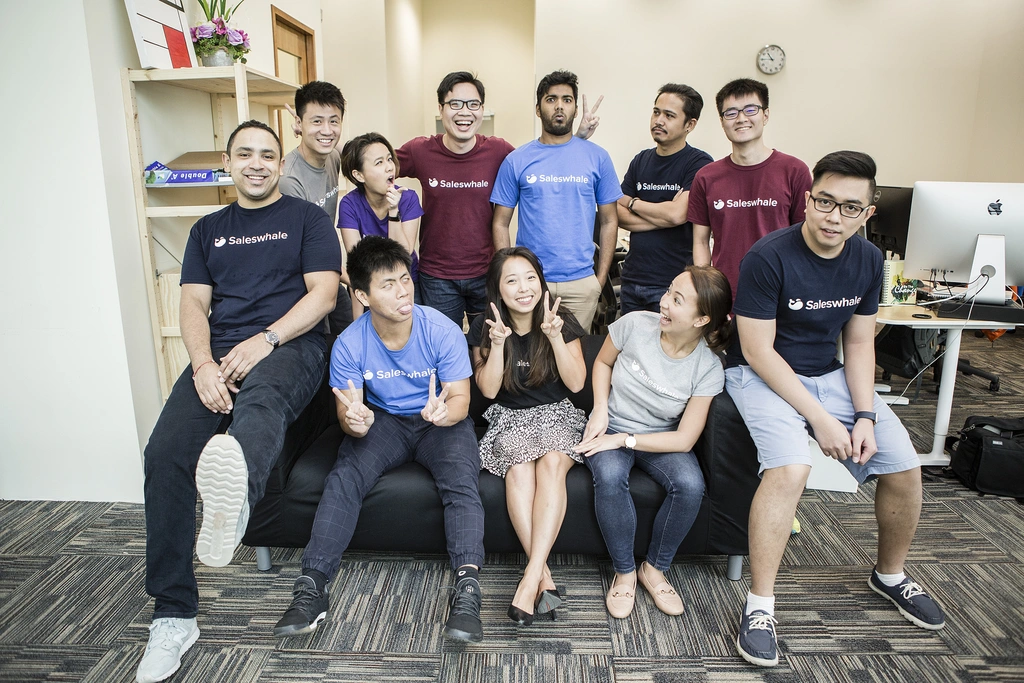Ruthless Prioritization Is The Right Way To Manage Your Time

Last week I had the good fortune of having a one-on-one session with Gabriel, the CEO of Saleswhale. One-on-one sessions in Saleswhale are for two people (usually a subordinate and superior) to talk to each other about anything in a safe and relaxed environment. Usually, it involves problems or issues that you might be facing, blockers that are preventing you from being fully productive, work performance, thoughts and concerns on recent developments, company direction and strategy, and so forth. However, as I rarely have the chance to go on a one-on-one with Gabriel I decided to ask him questions more pertinent to his role as a CEO. This has been something that I have been very curious to learn more about after my previous one-on-one with Ethan, who shared with me his experiences, challenges, and many thoughts as the CTO. In today’s post, I will share what I feel is probably the most important takeaway for me during the session with Gabriel.
I know for a fact that Gabriel is a super busy man who has his calendar packed with sales meetings and calls. He has to juggle investor updates, oversee hiring, set the company direction and strategy, pre-empt and plan for potential problems, and motivate and bring the entire company together. Despite that, he still finds time to read widely and intensively, and I notice new books appearing on his desk every other week. His daily life was crazily hectic with very little sleep but yet he seemed so alive and full of energy every day.
Seeing his level of devotion and discipline raised a question in me. My childhood dream is to build a startup of my own someday and I asked myself, is this something that I am prepared to do next time? Will I be able to keep up atop the chaos of running a startup while still maintaining a front of resilience and strength, inspiring confidence in the rest of the team? The burning question I asked was: How do you manage your time so well? I have incorporated various time management strategies like a weekly personal sprint planning for my personal goals and time boxing. I have also tried the Pomodoro technique and applied the 80/20 rule to as many scenarios as possible. However, it still seemed to be a stretch before I can create the proverbial 25 hours a day.
You are looking at it from the wrong perspective, he told me. Getting the right things done is more important than getting many things done. The key here is ruthless prioritization. You need to review what you are doing frequently and re-prioritize your to-do list. There is no point in optimizing for the speed at which you complete your tasks if they do not ultimately tie in with your greater overarching goals. As circumstances change and things develop our goals and priorities will change as well. It is a perpetually moving target that we will have to keep adjusting to.
He told me that it is important to give yourself leeway in your to-do lists. Shit will happen and things will break. Many more things will find themselves into your schedule than you anticipated, and so it is unrealistic to expect that you will hit all the things that you set off to do at the start of the week. To further prove his point he told me that he would even be happy if he missed 80% of the things in his to-do list (he uses Asana) if the things that he did brought him closer to his long-term goals.
Ruthless prioritization is what we need to remind ourselves to do as we often try to manage and optimize our time at a very micro level. For those of us working at startups or lean organizations, it should not sound too foreign as the agile culture that we adopt inherently has a strong focus on frequent re-prioritization of tasks, such as sprint plannings. For those who are not, it is a hugely effective strategy to maximize your long-term wins and I would highly recommend giving it a try.
Related Posts: